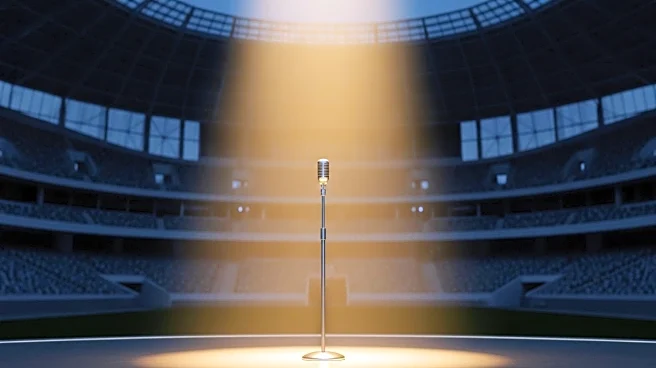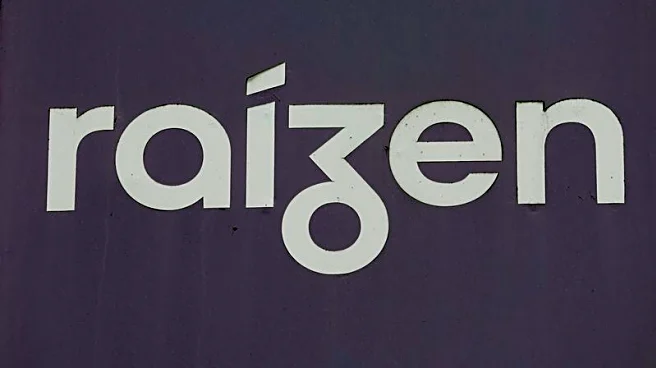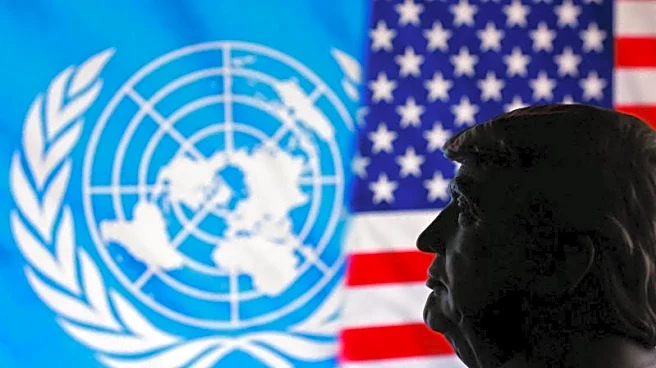What's Happening?
Taylor Swift has reportedly declined an offer to headline the Super Bowl halftime show after negotiations with the NFL broke down. Swift's requests included ownership rights to her performance and promotional slots for her projects, which the NFL refused. The league typically offers exposure rather than payment to halftime performers. Swift's decision reflects her awareness of her influence and the substantial brand value she brings to the NFL, estimated at $1 billion over the past two years. Despite NFL Commissioner Roger Goodell's openness to Swift headlining the show, the negotiations ended without agreement.
Why It's Important?
Swift's decision underscores the evolving dynamics between artists and major entertainment platforms like the NFL. It highlights the growing demand for artists to retain control over their work and the importance of respect in negotiations. This development could influence future negotiations between artists and large organizations, potentially leading to changes in how performances are valued and compensated. Swift's stance may inspire other artists to assert their worth and demand fair treatment in similar situations.
What's Next?
The breakdown in negotiations may lead to further discussions within the NFL about how they approach halftime show agreements, potentially prompting changes in their policies regarding artist compensation and rights. Swift's decision could also influence other artists to reconsider their participation in high-profile events, prioritizing respect and ownership over exposure. As Swift releases her new album, her influence in the music industry is likely to continue growing, impacting future negotiations and industry standards.
Beyond the Headlines
Swift's refusal to perform at the Super Bowl highlights broader issues of artist rights and respect in the entertainment industry. It raises questions about the value of exposure versus ownership and the importance of artists asserting their worth. The situation may lead to a reevaluation of how major events compensate performers, potentially shifting industry norms towards greater respect and fair treatment for artists.











